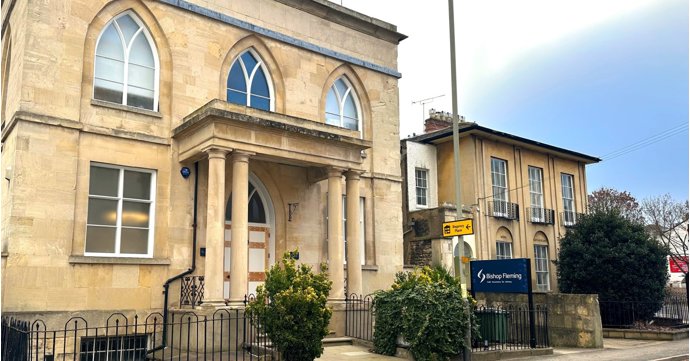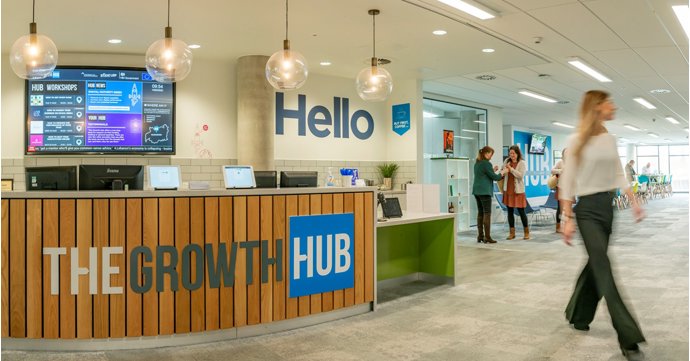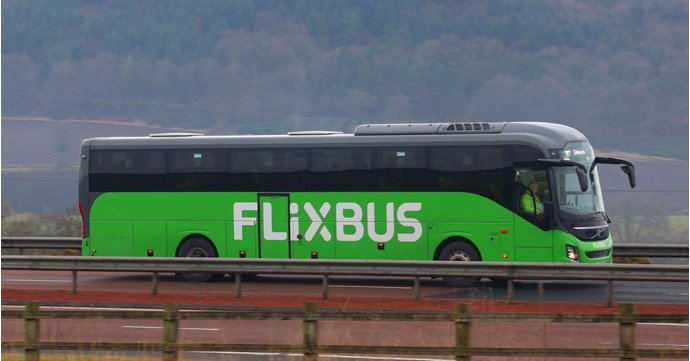As the country heads towards the general election on Thursday 4 July 2024, one hot topic being discussed, which also affects most people across Gloucestershire, is the personal tax rate.
Cheltenham-based accountancy and tax firm, Bishop Fleming, is helping county residents understand the implications of each party's plans and what they mean for individuals and the broader economy.
Peter Ball, tax partner and head of private client at Bishop Fleming, said: 'Whilst Labour has outlined £8.5 billion of tax rises, the Conservatives are offering £17 billion of tax cuts.
'Whichever party forms the next government, we know that frozen tax allowances and thresholds are dragging more people into paying tax or paying tax at higher rates.
'Both parties are committed to keeping allowances frozen until 2028. As to the effect of this, the Institute of Fiscal Studies has calculated that this is equivalent to an extra 6p in the pound on income tax by 2028.'
Here's Bishop Fleming's breakdown of the main tax proposals from Labour and the Conservatives.
The Conservative Party
National Insurance Contributions (NICs)
The Conservatives want to abolish NICs for both employees and the self-employed. It’s a long-term goal which would cost the Treasury over £40 billion.
Personal allowances for pensioners
Whilst allowances remain frozen for most, the Conservatives plan to unfreeze personal allowances for pensioners so that they won't be pulled into the tax system as state pensions rise.
Income tax
Jeremy Hunt is considering lowering income tax for people earning between £100,000 and £125,140 a year. This could reduce the current 60 per cent marginal tax rate caused by the tapered personal allowance.
Inheritance tax (IHT)
There have been hints at reducing IHT over time, but this is not clarified outright in the manifesto.
The Labour Party
Tax on non-doms and private education
Labour intends to extend the tax on non-doms and apply VAT to private education. This could generate additional revenue from wealthy individuals and private schools.
Income Tax, NICs, VAT and corporation tax
Whilst Labour promises no rises in income tax, NICs, VAT or corporation tax, it has not ruled out a rise in other taxes such as capital gains tax (CGT), or cutting pension tax relief for high earners — both policies have previously been highlighted by Labour.
One of the most significant differences in Labour’s approach is its likelihood to remove or reduce valuable CGT and IHT reliefs for businesses.
Whilst these measures are not written into the manifesto, they have previously been mentioned and would, if implemented, impact anyone running a business, making it more expensive to transfer or sell business assets.
Council tax
An increase in the number of council tax bands has also been rumoured should Labour form the next government.
Common ground and key differences between the two parties
Similarities
Both parties agree not to increase the main rates of income tax, NICs, and VAT — and it's been confirmed that neither will increase corporation tax either.
Both parties are eyeing changes to the non-dom tax regime, but Labour’s approach is more aggressive.
The Conservatives want to abolish the furnished holiday lettings (FHLs) tax regime from 2025, and Labour is also likely to implement this.
Differences
The Conservatives want to abolish NICs for employees and the self-employed, while Labour sees this as risky for funding pensions and the NHS.
Labour plans to apply VAT to private education and remove the business rates exemption for private schools; the Conservatives have not proposed such a measure.
The Conservatives might lower taxes for high earners and possibly reduce IHT in the long term, whereas Labour plans to target profits made by private equity investors and tax non-doms more heavily.
Labour’s previously mentioned cuts to CGT and IHT reliefs could significantly impact business owners — and it has also said it will end the use of offshore trusts that avoid IHT.
What can we expect after the general election?
We can expect a new budget from the incoming government by the end of September 2024, revealing more about its tax and spending plans than what has been mentioned in its manifesto.
For ongoing updates on the general election and detailed advice on tax and finance-related issues, visit bishopfleming.co.uk.




















